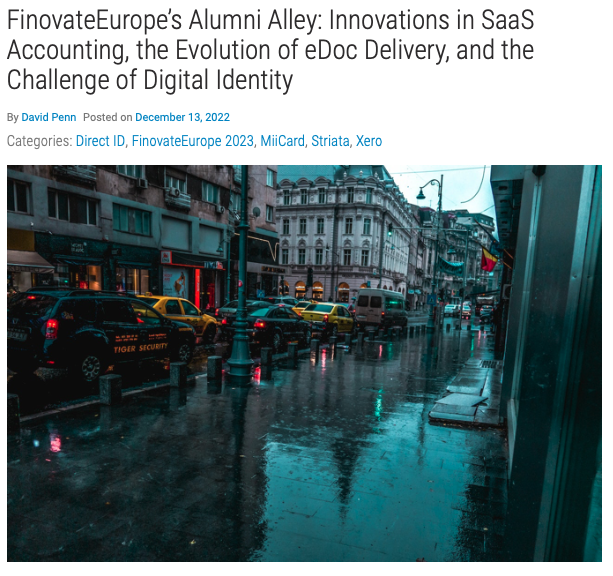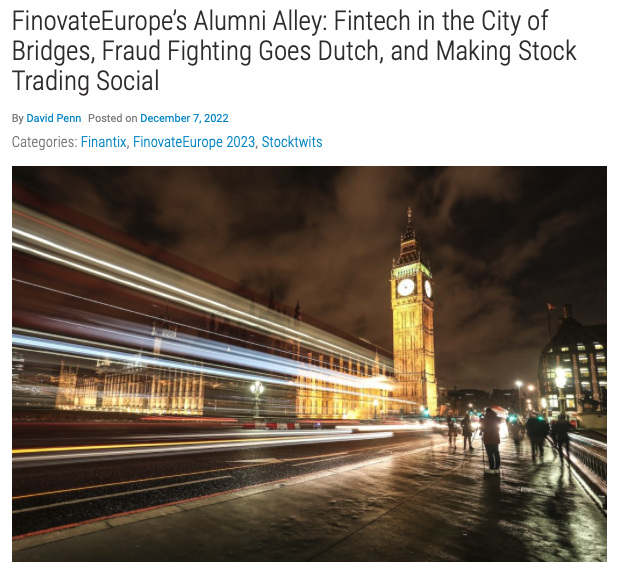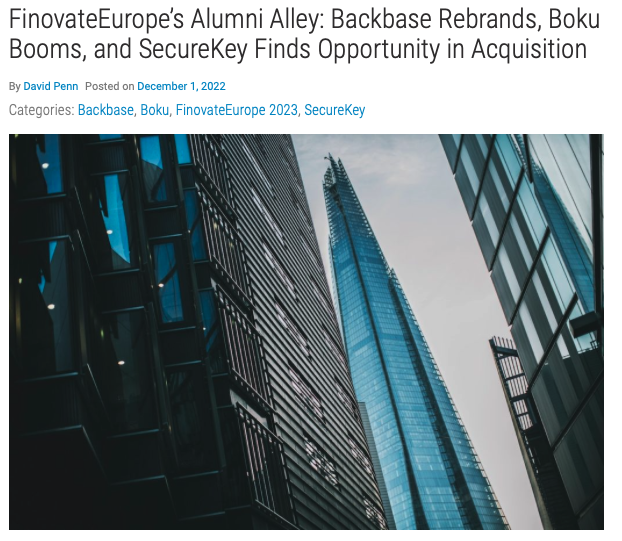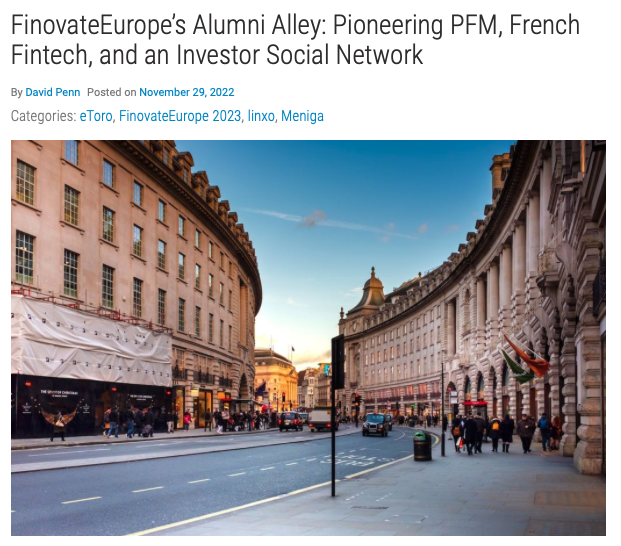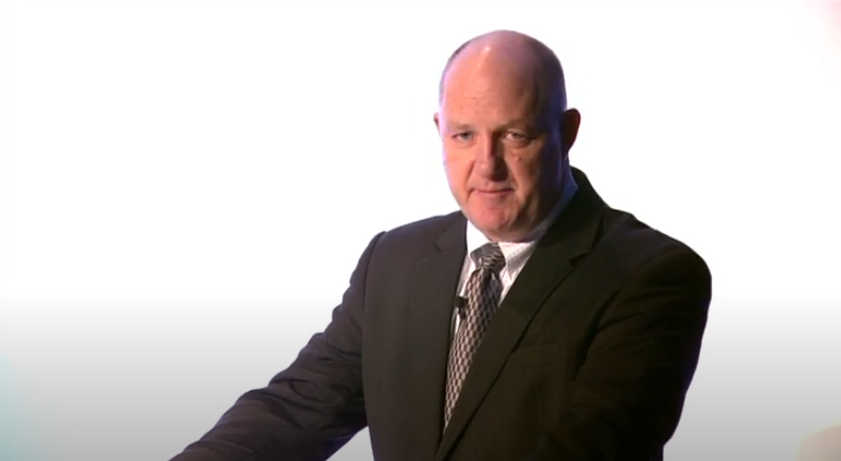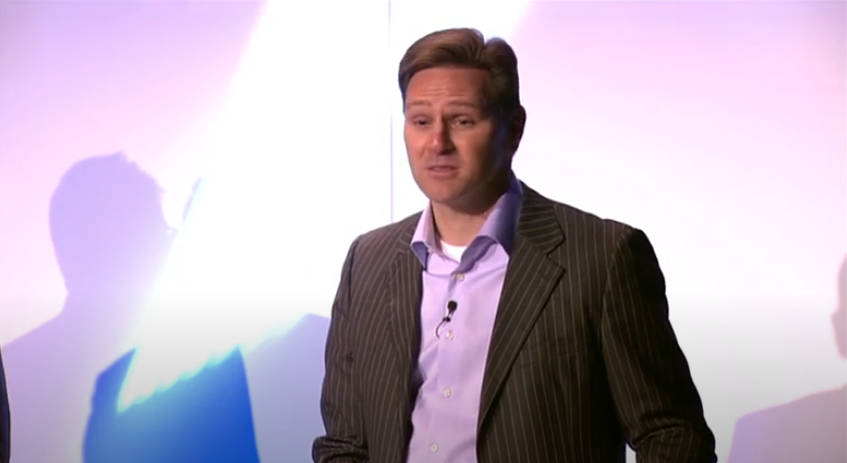
China’s recent emergence from severe COVID lockdowns has caught the attention of investors, who sent shares of Chinese companies soaring in the final months of 2022. The momentum has continued into 2023 with many observers and analysts suggesting that, while China’s COVID-related woes may not be over, the country and its $17+ trillion economy may be well on the way back to normal.
Or even better than normal. Even before the COVID crisis, China had shown renewed signs of economic illiberalism that had worried many Western investors. Most prominent of these concerns was the treatment of Chinese entrepreneur Jack Ma. Ma is the co-founder of Chinese technology giant Alibaba Group who stepped down as executive chairman in 2018 and, By the fall of 2020, had departed the board entirely. Rumors swirled that Ma was reacting to pressure from Chinese authorities in the wake of a controversial speech in which Ma criticized both the Chinese regulatory authorities as well as Chinese banks. As New York Times reporter Li Yuan observed in December 2020:
Lately, public sentiment has soured and Daddy Ma has become the man people in China love to heat. He has been called a ‘villain,’ and ‘evil capitalist’ and a ‘bloodsucking ghost’ … Instead of Daddy, some people have started to call him ‘son’ or ‘grandson.’ In stories about him, a growing number of people leave comments quoting Marx: ‘Workers of the world, unite!’
This was a stark reversal for a man who had become, as Li Yuan noted “synonymous with success” in China. As Ma’s star faded, so did the immediate fortunes of his corporation’s star affiliate – Ant Group – which was forced to suspend its IPO slated for that year.
But it appears as if those dark days for Jack Ma and the companies he founded have ended. This week, Ant Group – a major affiliate of Ma’s Alibaba Group that owns Alipay, the world’s largest mobile payment platform – secured approval from the China Banking and Insurance Regulatory Commission to boost the registered capital for its consumer finance unit by more than 2x from 8 billion yuan to 18.5 billion yuan. Ant Group had launched its consumer finance division in 2021 as part of a restructuring effort designed to placate Chinese regulatory concerns. The decision by Chinese authorities is believed to be the clearest indication to date that the dark clouds that have hovered over Ma, Alibaba, and Ant Group have begun to clear.
That said, there is no word yet on whether or not Ant Group’s IPO plans are back on track. For example, CNBC reported this week that Ant Group still has not received a financial holding company license from the People’s Bank of China. Being able to treat Ant Group more like a bank from a regulatory perspective – which would include the firm becoming a financial holding company – was among the chief objectives of the country’s central bank.
Here is our look at fintech innovation around the world.
Central and Eastern Europe
- EU Startups featured Polish fintechs Flexee and Booste in its “Polish Startups to Watch in 2023” roster.
- Bulgarian fintech ITF Group began trading on the Bulgarian Stock Exchange this week.
- Expats CZ profiled Czech crowdfunding platform Investown.
Middle East and Northern Africa
- Abu Dhabi Islamic Bank launched ADIB Pay, a payment-enabled wearables solution.
- Egypt-based payments group enza entered the African payments market this week.
- Shopping and payments app Tabby partnered with Saudi Arabian food delivery app ToYou to help launch new BNPL solution, ToYou PayLater.
Central and Southern Asia
- Indian fintech SarvaGram raised $35 million in Series C funding.
- China Mobile launched its digital payments solution PayMax in Pakistan.
- India-based ATM operator India1 Payments completed its installation upgrade with ACI Worldwide.
Latin America and the Caribbean
- Colombia-based digital wallet Dale! raised $39 million in funding from parent company Grupo Aval.
- Uruguayan fintech Infinia secured $500,000 in funding from Y Combinator.
- International background screening and identity services company Sterling acquires Latin American-based screening business Socrates.
Asia-Pacific
- Indonesia announced that it will establish a crypto exchange in 2023.
- SmartPay launched its digital customer financial service in Japan.
- Indonesia-based digital finance platform Akulaku secured $200 million from Japan’s Mitsubishi UFJ Financial Group (MUFG)..
Sub-Saharan Africa
- Nigerian fintech PennyTree launched an updated version of its banking services app.
- Virginia-based Plesion Capital announced its inaugural investment in Ugandan fintech XENO.
- Nala, a money remittance app based in Tanzania, went live in the EU this week.






